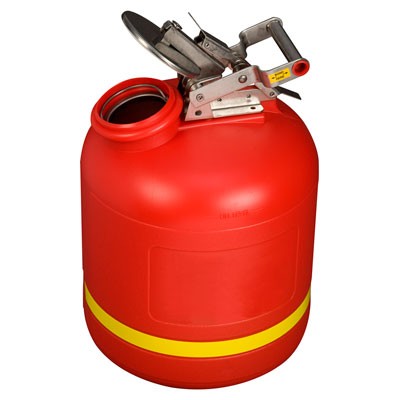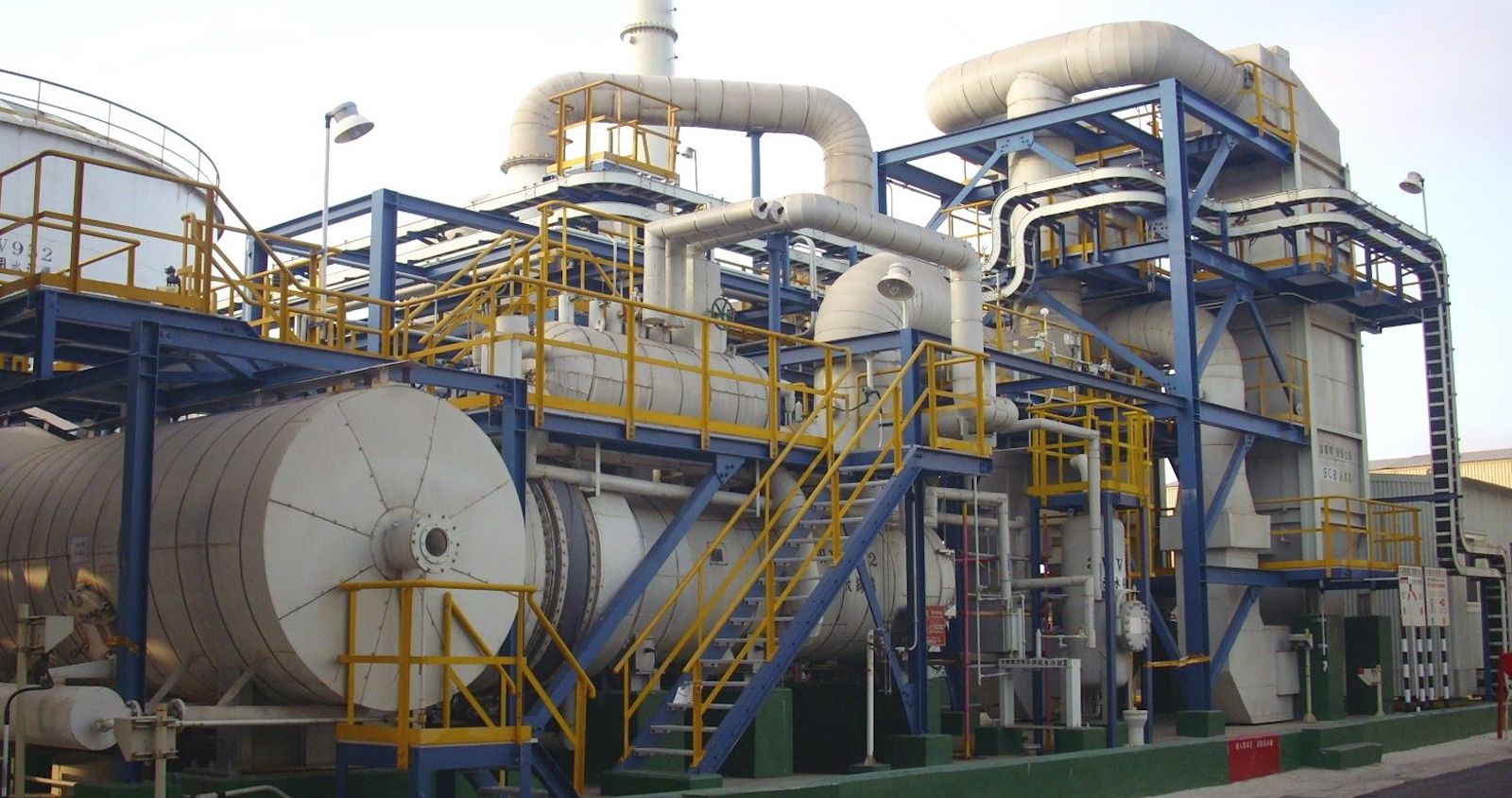Specialist Liquid Waste Removal Melbourne: Keeping Your Environment Clean
Specialist Liquid Waste Removal Melbourne: Keeping Your Environment Clean
Blog Article
Understanding the Comprehensive Refine of Fluid Garbage Disposal: Finest Practices and Environmental Effect Factors To Consider
The monitoring of fluid garbage disposal is a multifaceted issue that requires a complete understanding of different ideal techniques and their linked environmental influences. From the kinds of liquid waste generated to the methods utilized for collection, therapy, and final disposal, each step plays a crucial function in guarding ecological communities and public health and wellness. As regulative criteria evolve and modern technology developments, the conversation around these processes becomes increasingly significant. What effects do these adjustments hold for future sustainability efforts, and how can stakeholders make sure that they are appropriately dealt with?
Sorts Of Liquid Waste
Understanding the various kinds of liquid waste is essential for effective administration and disposal techniques. Liquid waste can be extensively classified into numerous kinds, each requiring distinct handling and treatment methods.
Industrial liquid waste usually has harmful materials, consisting of hefty steels, solvents, and chemicals, generated during making processes. These wastes demand stringent regulatory conformity to protect human health and the atmosphere. Residential fluid waste mostly describes wastewater generated from houses, including sewer and greywater, which, although less poisonous, can still pose substantial dangers if incorrectly managed.
Agricultural fluid waste, including overflow from ranches, typically has plant foods and pesticides that can lead to ecological destruction if not treated sufficiently. Medical liquid waste, produced from medical care centers, includes infected fluids such as bodily liquids and chemicals, calling for specialized disposal approaches to prevent infection and ecological contamination.
Finally, oil and oil waste, normally produced by dining establishments and automotive sectors, can cause serious blockages in sewer systems otherwise taken care of correctly. Understanding these categories facilitates targeted approaches for treatment, compliance with policies, and effective disposal methods, inevitably promoting ecological sustainability and public health and wellness security.

Collection Approaches
Effective collection techniques are critical for the appropriate administration of fluid waste, making certain that it is gathered securely and effectively prior to therapy or disposal. Different techniques are used depending on the sort of fluid waste created, the volume, and the details characteristics of the waste.
One typical approach is the use of committed collection tanks or sumps, which are made to capture fluid waste at the resource. These systems usually integrate pumps that promote the transfer of waste to larger storage space containers or therapy facilities. In addition, mobile collection units geared up with vacuum cleaner innovation are used in situations where waste is produced periodically or in hard-to-reach places.
For commercial settings, closed-loop systems can effectively decrease leakages and spills, permitting the healing and reuse of fluid waste. It is also important to train workers on correct collection methods to reduce threats connected with harmful compounds.
Furthermore, executing normal upkeep timetables for collection tools guarantees ideal efficiency and safety and security. The assimilation of advanced tracking systems can improve collection effectiveness by giving real-time information on waste levels and potential risks. In general, effective collection techniques are fundamental to lasting fluid waste administration methods.
Therapy Processes
Therapy processes play an essential duty in the monitoring of fluid waste, transforming potentially dangerous materials into safe effluents or recyclable sources - liquid waste disposal. These processes can be generally classified right into physical, chemical, and biological methods, each customized to resolve certain impurities present in the waste stream
Physical therapy approaches, such as sedimentation and purification, work by removing suspended solids and particle issue. These methods are frequently the very first step in the therapy chain, properly decreasing the tons on subsequent procedures. Chemical treatments include using reagents to counteract unsafe materials, precipitate heavy steels, or oxidize natural contaminants, thus enhancing the security of the effluent.
Biological therapy procedures, including activated sludge systems and anaerobic food digestion, take advantage of the natural capabilities of microorganisms to break down organic issue. These techniques are particularly reliable for wastewater having eco-friendly pollutants. Advanced treatment technologies, such as membrane filtration and progressed oxidation processes, are progressively used to achieve higher degrees of purification.
Integrating a mix of these treatment techniques not just guarantees conformity with governing criteria yet additionally advertises environmental sustainability by recuperating beneficial resources from fluid waste.
Disposal Options
Just how can organizations guarantee the risk-free and responsible disposal of fluid waste? Reliable disposal options are critical for protecting public health and wellness and the atmosphere. The key methods include land treatment, incineration, and disposal complied with by discharge right into local wastewater systems.
Land disposal entails the careful containment of liquid waste in designated landfills, making certain that it does not leach into bordering dirt or water. Incineration, on the various other hand, subjects liquid waste to high temperatures, converting it into ash and gases, which require appropriate filtering to lessen emissions. This method is appropriate for contaminateds materials that can not be dealt with with click here for more info conventional ways.
In instances where fluid waste can be dealt with, organizations may select chemical or biological treatment procedures to reduce the effects of damaging elements prior to releasing the treated effluent right into local systems. This path usually aligns with regulatory demands, guaranteeing that the effluent meets safety and security requirements.
Inevitably, companies should conduct thorough analyses of each disposal alternative to identify its practicality, taking into consideration aspects such as waste structure, regulative compliance, and prospective risks to wellness and the atmosphere. By selecting ideal disposal techniques, businesses can add to a liable waste administration strategy.
Ecological Impact
The ecological effect of fluid waste disposal is a crucial factor to consider for organizations looking for to lessen their ecological footprint. Inappropriate disposal approaches can result in substantial contamination of water sources, dirt degradation, and damaging impacts on neighborhood communities. As an example, dangerous fluids can leach into groundwater, Visit Your URL posturing risks to alcohol consumption water materials and marine life. Additionally, the discharge of without treatment or improperly treated waste right into surface area waters can result in eutrophication, resulting in oxygen exhaustion and the subsequent fatality of fish and other microorganisms.

To alleviate these impacts, organizations have to adopt ideal methods such as implementing strenuous waste therapy processes, advertising recycling and reuse, and adhering to governing requirements. By taking an aggressive approach to fluid waste administration, entities can substantially lower their environmental impact while supporting lasting development goals. Inevitably, a detailed understanding of the environmental impacts related to liquid waste disposal is crucial for educated decision-making and liable stewardship of natural deposits.
Final Thought
Efficient monitoring of liquid waste is vital for guarding ecological honesty and public health and wellness. Ultimately, a detailed understanding of fluid waste disposal not check my site only mitigates ecological impacts yet additionally promotes a dedication to responsible resource monitoring and ecological stewardship.
The management of fluid waste disposal is a multifaceted concern that calls for a comprehensive understanding of numerous ideal methods and their connected environmental effects. From the types of fluid waste produced to the methods used for collection, therapy, and last disposal, each action plays a crucial duty in guarding communities and public health.The ecological impact of liquid waste disposal is a vital factor to consider for companies seeking to lessen their ecological footprint. Ultimately, a detailed understanding of the ecological effects associated with liquid waste disposal is important for informed decision-making and accountable stewardship of all-natural resources.
Inevitably, an extensive understanding of fluid waste disposal not just reduces environmental effects but also promotes a dedication to responsible resource management and ecological stewardship.
Report this page